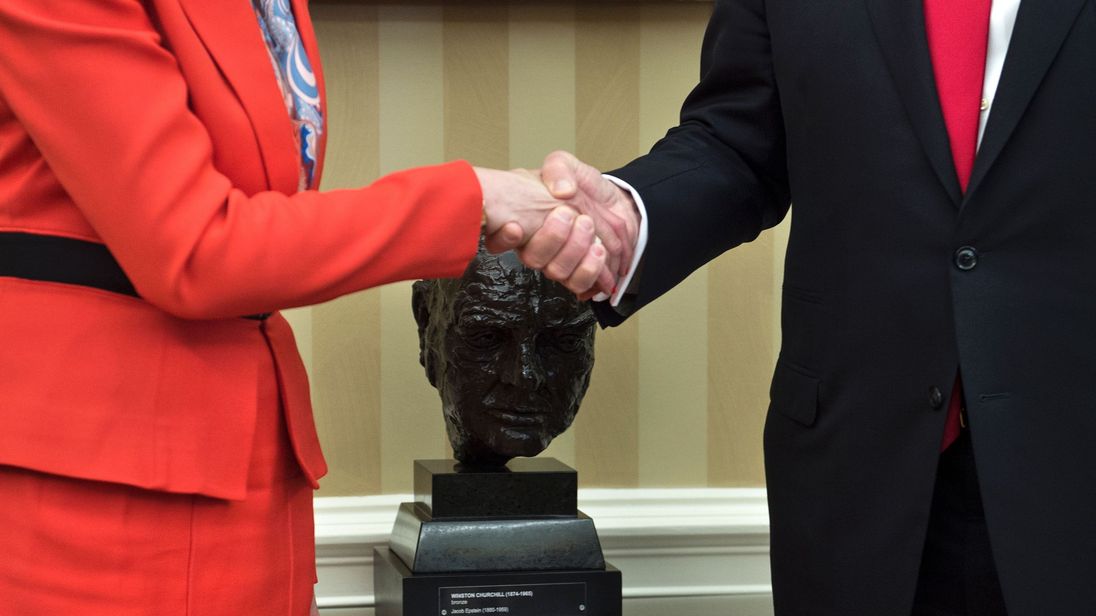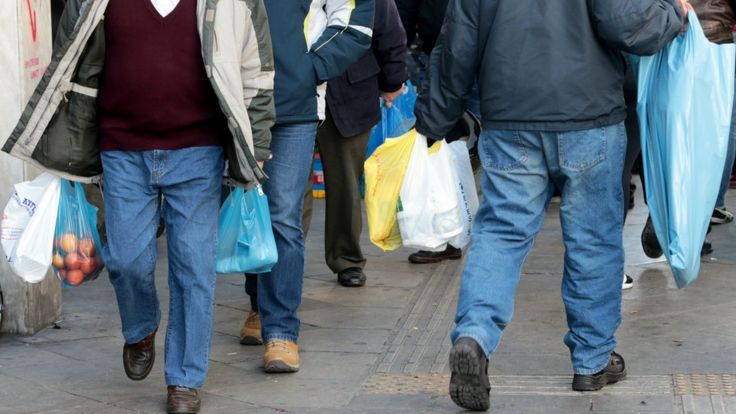- Joined
- Dec 6, 2010
- Messages
- 33,422
- Reaction score
- 5,683
UK 'front of the line' for free-trade deal, says US treasury secretary
Steven Mnuchin said the US was "very supportive of the UK over the Brexit issue" and wanted to see a successful transition.
By Adam Parsons, Business Correspondent in Davos, Switzerland | Thursday 25 January 2018

Steven Mnuchin said the US was "very supportive of the UK over the Brexit issue" and wanted to see a successful transition.
By Adam Parsons, Business Correspondent in Davos, Switzerland | Thursday 25 January 2018

The UK will be "at the front of the line" when it comes to negotiating to a free-trade agreement with the United States.
That was the promise from treasury secretary Steve Mnuchin, the man in charge of overseeing the US economy.
Speaking in Davos, he said President Trump was "clear" that Britain would be "at the front of the line, and not at the back of the line" when negotiations started.
Asked about the relationship between Britain and America, Mr Mnuchin said: "I think we have had a very special relationship for a long period of time. We are very clearly supportive of the UK over the Brexit issue.
"We are monitoring discussions with the European Union and we want to see a successful transition.
"There will be certain restrictions to deal with, but as soon as the UK is ready, then we would be prepared to negotiate an attractive trade deal."
The comments contrast with Barack Obama's warning before the Brexit vote in 2016 that the UK would be at the "back of the queue" for a trade deal if it voted to leave the EU.
Mr Mnuchin had a meeting with the Bank of England governor Mark Carney on Wednesday and is also set to hold talks with Chancellor Philip Hammond during his visit to Davos.
Mr Mnuchin's words were echoed by the US commerce secretary Wilbur Ross, who said he had spent time in Davos with Liam Fox, Britain's International Trade Secretary, and was "encouraged" by their conversation.
The pair talked about Mr Fox's plan to put a "commercial officer" into British embassies to promote trade - an idea that Mr Ross said the Americans had been using for decades.
The comments came ahead of Mr Trump's private talks with Theresa May, due to take place on Thursday afternoon, where the question of a future trade deal looked likely to arise.
On Wednesday, former PM Tony Blair told Sky News that Brexit meant the UK's relationship with America would become ever more crucial, and that the UK could become "even dependent" on the US.
President Trump is the first American president to come to the World Economic Forum since Bill Clinton 18 years ago. He will deliver the final keynote speech on Friday lunchtime.
https://news.sky.com/story/uk-front...rade-deal-says-us-treasury-secretary-11221781
Last edited:


